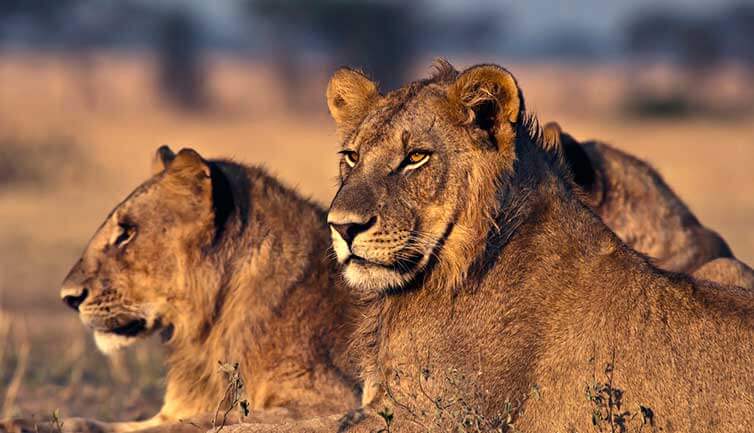Climate change has already begun to alter the world’s ecosystems – at sea, in rivers and lakes, and in the forests and meadows on land, according to an international team of scientists.
They have identified 94 vital ecological processes that support healthy ecosystems, and have found that more than 80 per cent of them are already affected by global warming.
With the UN climate change conference taking place in Marrakech, Morocco, the scientists report in Science journal that although global temperatures have risen on average by just 1 C in a century, the living world has begun to respond.
The shifts in global and regional temperatures have altered the genetic diversity of animal populations, skewed predator-prey relationships, shifted the timing of breeding and spawning behaviour, affected the numbers and age structures of animal communities, and even begun to alter the size and coloration of plants, birds and insects.
Protecting ecosystems
“Disruptions scale from the gene to the ecosystem, and have documented consequences for people, including unpredictable fisheries and crop yields, loss of genetic diversity in wild crop varieties, and increasing impacts of pests and diseases,” the scientists warn.
Inger Andersen, director general of the International Union for the Conservation of Nature (IUCN), says: “The extent to which climate change is already wreaking havoc with nature is simply astounding.
“These findings send a very clear message to world leaders gathering for climate change negotiations in Marrakech: cutting greenhouse gas emissions and protecting the ecosystems on which we depend is an urgent matter of self-preservation.”
For at least two decades, biologists have been warning that climate change offers a threat to the living world. They have foreseen widespread risk in the plant kingdom and dramatic change in the ranges of plants.
They have also predicted marine ecosystems disruption, amphibian extinction, and even changes to national wildlife calendars.
But human population growth and the loss of habitat remain the principal threats for most wild things.
“The extent to which climate change is already wreaking havoc with nature is simply astounding”
What the latest study has done is to identify all the changes in ecological processes that can be linked specifically to global warming. And of the 94 studies, climate change is at work in 82 per cent of them.
The IUCN scientists examined a huge range of ecosystem studies, including the water flea in the UK, the cornflower in France, the migration of pink salmon in the Pacific, and changes in the patterns of hybridisation between species of chickadees, flying squirrels and trout in the US.
Sex ratios of marine and freshwater species of fish, turtle and lizard populations have all shifted in response to warming. Six species of woodland salamander have dwindled in body size as the thermometer has inched upwards. And one long-distance migrant bird, the red knot, is now producing smaller offspring with smaller bills and a lower chance of survival.
“We now have evidence that, with only around 1 C of warming globally, major impacts are already being felt,” says study leader Brett Scheffers, a member of the IUCN Climate Change Specialist Group and an ecologist at the University of Florida.
“These range from individual genes changing, significant shifts in species’ physiology and physical features such as body size, and species moving to entirely new areas.”
Changes in polar sea ice have hit ivory gulls, ringed seals and polar bears in the northern hemisphere, but – for the moment, at least – have benefited Adélie penguins in the southern hemisphere.
Corals around Japan have shifted their range by up to 14kms a year over the last 80 years. And host plants are dying before the butterflies that feed on them can go into dormancy.
In the Serengeti region of east Africa, a cocktail of extreme weather, abundance of ticks, and suppressed immunity to canine distemper virus may have led to widespread mortality among the lion population.
Temperature extremes
One of the study’s authors, John Pandolfi, a professor of biological sciences at the University of Queensland, Australia, warns: “Temperature extremes are causing evolutionary adaption in many species, changing them genetically and physically.
“These responses include changes in tolerances to high temperatures, shifts in sex ratios, reduced body size, and migration of species.”
His Queensland colleague and co-author, James Watson, who is also director of science and research initiatives at the Wildlife Conservation Society, says: “Some people didn’t expect this level of change for decades.
“The impacts of climate change are being felt everywhere, with no ecosystem on Earth being spared. It is no longer sensible to consider climate change as a concern only for the future.”
This post originally appeared on the Climate News Network







